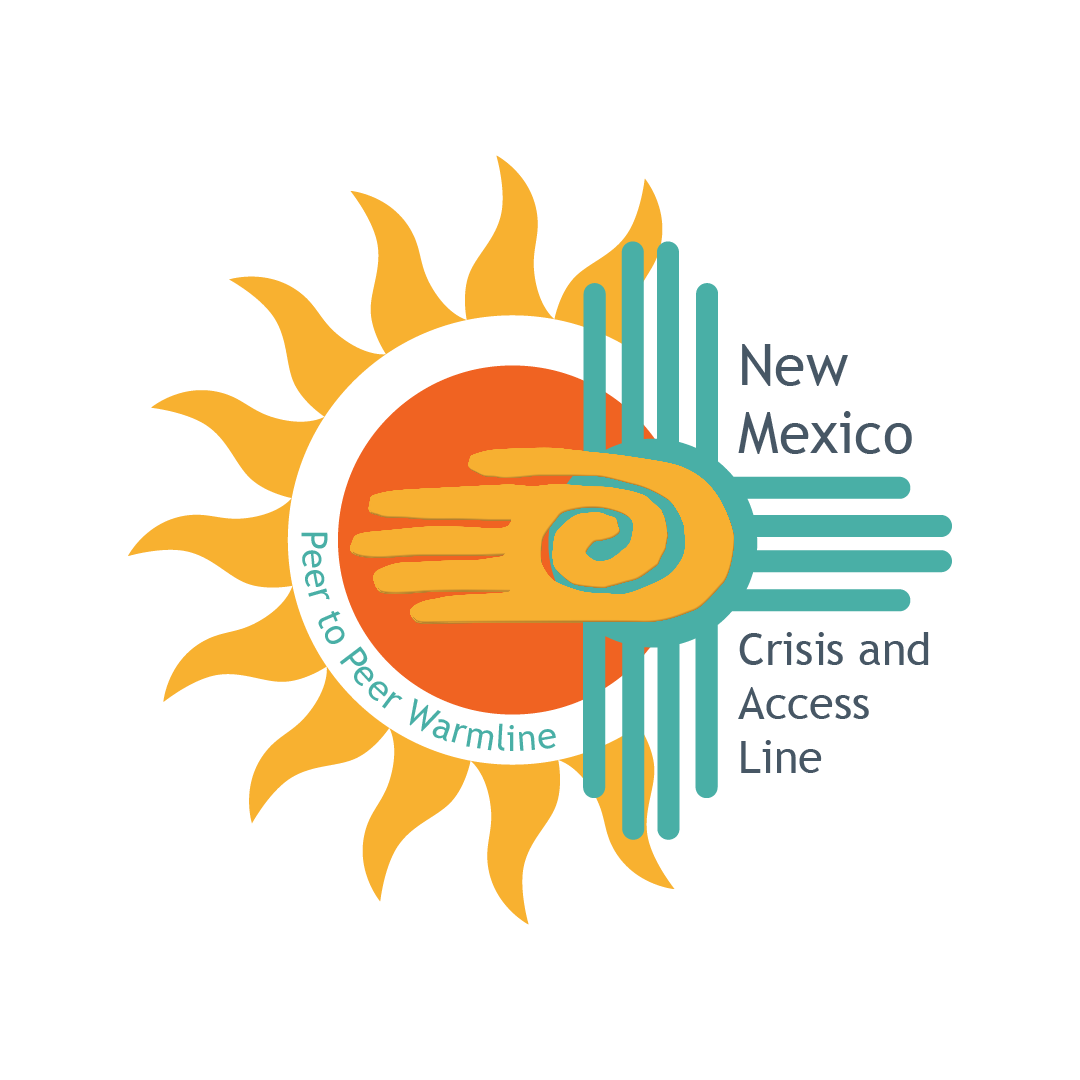Bereaved Parents Awareness Month is recognized every year in July. It is dedicated to raising awareness about the grief parents go through after the unfortunate loss of a child and the kind of support needed to overcome this unimaginable grief.
It’s common knowledge that parents should not have to outlive their children. The thought is so painful that many of us avoid the topic because even though most of us haven’t experienced it, we know it’s one of the worst things that can happen to a person. But it is during this difficult time that the people most affected by the tragedy — the parents — must know that they are loved and supported.
Bereaved Parents Awareness Month exists to provide support to parents who have lost their children, but its other aim is to raise awareness about how many parents have suffered the loss of a child. Not only does it enable bereaved parents to find resources and support to overcome their grief, but it also seeks to provide information to others, including family, friends, and relatives, on how they can help parents overcome their loss.
TIPS TO ATTAIN AND GIVE SUPPORT
Seek help: Reach out to your family, friends, and communities built around this issue for support. Look for professional therapists and take care of your mental health. Seeking help, or even talking about the tragedy, can be hard at first but it’s an important step towards healing. Engage with the New Mexico Grief Center
Offer support: Social support becomes more important than ever during times of grief. Even if you feel uncomfortable at first or are unsure of how to console a bereaved parent, try to at least be there for them. Even something as simple as being a good listener can be extremely comforting. Lend an ear to any parents you know who are going through this difficult time and provide support. Offer to do small chores for them if you feel they might be finding it hard to cope with other aspects of their lives.
Stick together: Lean on your family members for support as they are probably going through the same emotions that you are. Sticking together will remind you that you are not alone. This can be a turbulent time for families and knowing you have each other’s backs can go a long way on the road to recovery.
FACTS ABOUT BEREAVEMENT
Those left behind: Each death leaves behind an average of four to five mourners.
Time heals grief: For most people, extreme feelings of grief begin to go away after six months of the tragedy.
Caregivers may process grief differently: People caring for someone with a long-term illness might begin their grieving process while the loved one is still alive.
Yearning takes over: Studies have found that in the two years after a death, the most reported symptom is yearning for the person who is gone.
Complicated grief: Research has found that if symptoms of grief aren’t fading away by six months after the loss, it may be a sign of a more serious problem called “complicated grief.”
WHY BEREAVED PARENTS AWARENESS MONTH IS IMPORTANT
It normalizes talking about tragedy: Many people who have experienced the death of a child find it hard to talk about the child. People often avoid mentioning the person’s name or even talking about it as they think it can cause pain to the mourners. But sharing feelings always helps overcome grief.
Many people go through it: By the age of 70, 15% of American parents have lost a child, which is a greater number than many of us would have assumed. Bereavement affects a lot of parents around the world and although they might get better with time, they will always appreciate any support.
It’s an extremely stressful event: Losing a child is one of the worst things that can happen to a person. It’s safe to say that it’s every parent’s biggest nightmare. Such an event can have harmful effects on the parents, including depression, post-traumatic stress disorder, marital disruption, and even premature death.

You are not alone. If you need someone to talk with about emotional, mental, behavioral, grief, suicide, or substance use concerns, you can engage in immediate support by calling 855-662-7474 or texting 988










